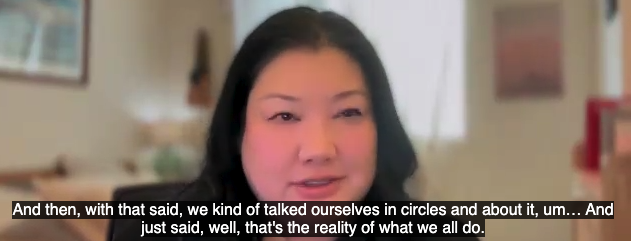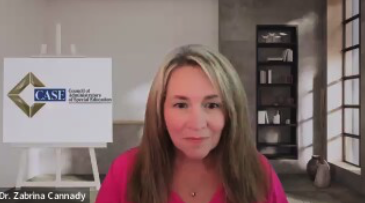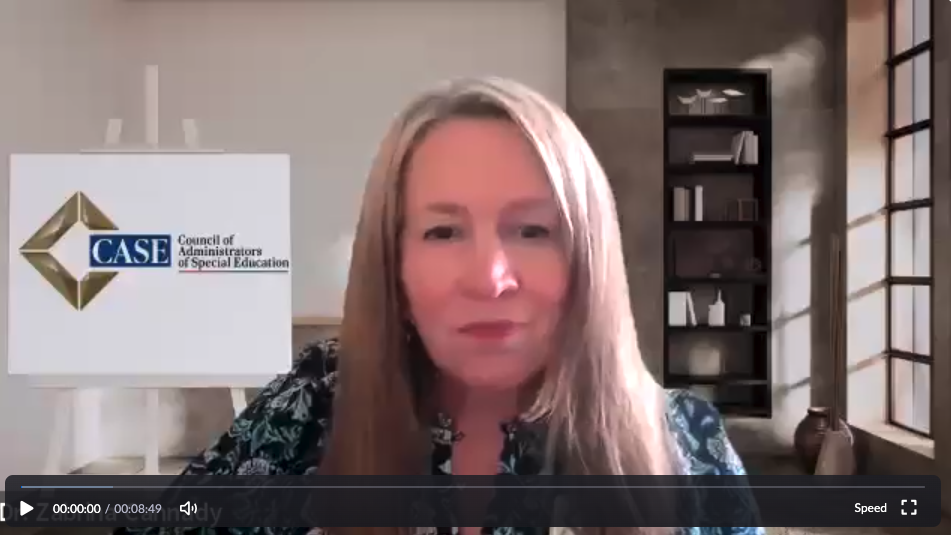Reset: Starting the Second Half Strong
By: Chance Copeland
When Winter Break started for me in the middle of December, I had a stunning realization: it was the first time I’d ever had almost a month off, and the first time I’d had more than seven days off that I didn’t work another job, have classwork to do, or both at the same time. I’m not unique in juggling multiple responsibilities, first because I needed to and then because I discovered I felt uncomfortable with sitting still. I am so used to being busy that I’ve programmed myself to add things to my plate when it seems too empty, viewing rest as laziness instead of a requirement. I’ve caught myself saying things like, “I’m not leaving anything on the table,” or “I’ll relax when [this ridiculously unreasonable and lofty goal] is accomplished,” or “I have to.” And then, suddenly, I had no excuses to make. A faculty member asked what I was planning for my break in the absence of work, and I shrugged, told her I’d probably read a book and catch up on projects I’d been neglecting, and that I was sure I’d find something to keep busy. “I like to be busy,” I said, and she smiled knowingly, in the way that people do when there’s something underneath it.
“You should take time to rest,” she said, and I smiled back, but I felt myself recoil. Rest has always been the space between what I need to do and what actually gets done, usually punctuated by guilt about deadlines, to-do-lists half-completed, and the state of my house. But her words stuck with me, even as I ignored them. I cleaned my whole break away, restrung my holiday lights when they fell (twice), and visited my great-grandma. I worked out every day, read a book (or ten) on my walking pad and wore the rubber off my shoes, studied for, took, and passed the National Counselor Exam, and cleaned the garage. I slept when I felt exhausted and woke up before my alarm. My house looked great! I took my brothers to their doctors’ appointments and finally tackled a pile of rotten leaves in the front yard. We threw a birthday party, went to visit my wife’s grandma in Nebraska, and got back in time to see the rest of our family before the New Year. Then, the break ended, we went back to work, and my to-do list was somehow longer than it was when I left, despite my frantic busyness. When I counted the days I actually rested, there had been three – in almost four weeks. I told another friend and counselor-in-training that I didn’t know where the time went, I needed more of it, and I somehow felt more tired than when the break started. In a text-message, she gave the verbal equivalent of that knowing smile, and reminded me of something I’m sure I’d heard before but had long forgotten and certainly didn’t believe: that I didn’t need to earn my rest.
 We hope you enjoy this podcast episode and it helps you take a breath and you are able to focus on your own self care as we make our way through the 2nd half of the school year. To listen to the audio of this podcast, use this link and passcode: Ai8v@Ls2.To view the recorded podcast use this link and this passcode Ai8v@Ls2.
We hope you enjoy this podcast episode and it helps you take a breath and you are able to focus on your own self care as we make our way through the 2nd half of the school year. To listen to the audio of this podcast, use this link and passcode: Ai8v@Ls2.To view the recorded podcast use this link and this passcode Ai8v@Ls2.




